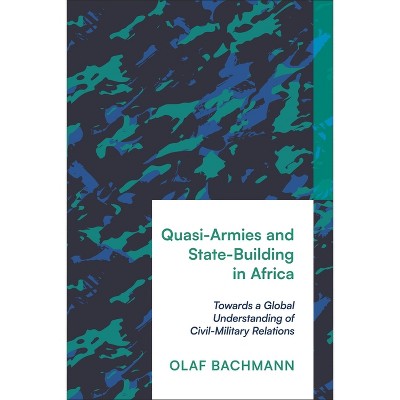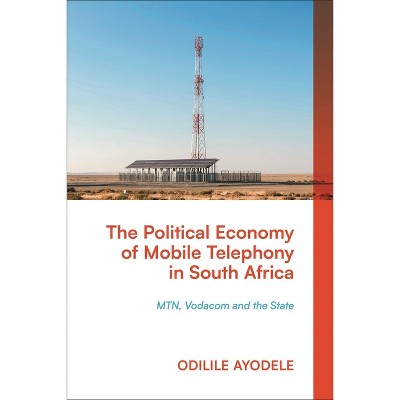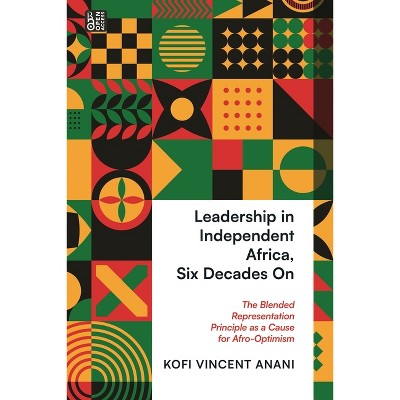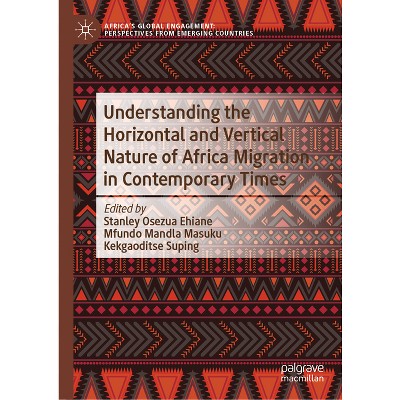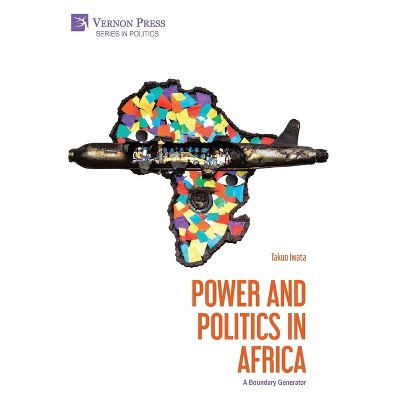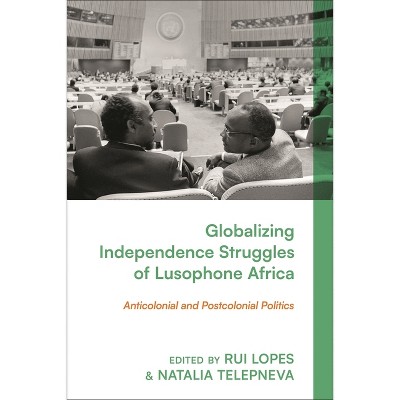Digital Disinformation in Africa - (Digital Africa) by Tony Roberts & George Hamandishe Karekwaivanane (Hardcover)

About this item
Highlights
- In an era when hashtag campaigns like #MeToo and #BlackLivesMatter capture global attention for victims of injustice, politicians and corporations are now spending billions employing Cambridge Analytica-type consultancies to manufacture disinformation - employing trolls, cyborgs and bots to disrupt dialogue and drown-out dissent.
- About the Author: George Karekwaivanane is a Lecturer in African Studies at the University of Edinburgh, UK.
- 256 Pages
- Political Science, World
- Series Name: Digital Africa
Description
About the Book
Provides insight into citizens' digital protest in ten African countries and the repressive response of pro-government digital disinformation machines designed to disrupt democratic debate and drown-out dissent.Book Synopsis
In an era when hashtag campaigns like #MeToo and #BlackLivesMatter capture global attention for victims of injustice, politicians and corporations are now spending billions employing Cambridge Analytica-type consultancies to manufacture disinformation - employing trolls, cyborgs and bots to disrupt dialogue and drown-out dissent. In the first study of its kind, this open-access book presents a range of case studies of these emerging dynamics across Africa, mapping and analyzing disinformation operations in ten different countries, and using innovative techniques to determine who is producing and coordinating these increasingly sophisticated disinformation machines.
Drawing on scholars from across the continent, case studies document the actors and mechanisms used to profile citizens, manipulate beliefs and behaviour, and close the political space for democratic dialogue and policy debate. Chapters include examinations of how the Nigerian government deployed disinformation when the #EndSARS campaign focused attention on police brutality and corruption; insights into how pro-government actors responded to the viral #ZimbabweanLivesMatter campaign; and how misogynists mobilized against the #AmINext campaign against gender-based violence in South Africa. Through the documentation of episodes of unruly politics in digital spaces, these studies provide a valuable assessment of the implications of these dynamics for digital rights, moving beyond a focus on elaborations of the idea of 'fake news', and providing actionable recommendations in the areas of policy, legislation and practice. The ebook editions of this book are available open access under a CC BY-NC-ND 4.0 licence on bloomsburycollections.com.Review Quotes
"In a field horribly skewed towards research focused on the US, this edited collection answers the urgent need for more analysis of the local and specific complexities of disinformation. This is a must-read for every researcher, practitioner, and policy maker thinking about the impacts of disinformation globally." --Claire Wardle, Brown University, USA
"Digital Disinformation in Africa is a timely and necessary contribution to the growing body of literature on digital politics in Africa. It offers a nuanced understanding of how disinformation is reshaping public discourse and electoral processes, while also showcasing the resilience of African citizens in pushing back against propaganda. The book is an essential resource for scholars, journalists, and policymakers." --African Studies QuarterlyAbout the Author
George Karekwaivanane is a Lecturer in African Studies at the University of Edinburgh, UK. His publications include The Struggle over Power in Zimbabwe: Law and Politics since 1950, along with three other edited collections.
Tony Roberts is a Fellow at the Institute of Development Studies (IDS) at the University of Sussex, UK. A digital development practitioner since 1988, he founded and led two international development agencies including Computer Aid International. He is currently the Principal Investigator on the GCRF-UKRI-funded African Digital Rights Network.





